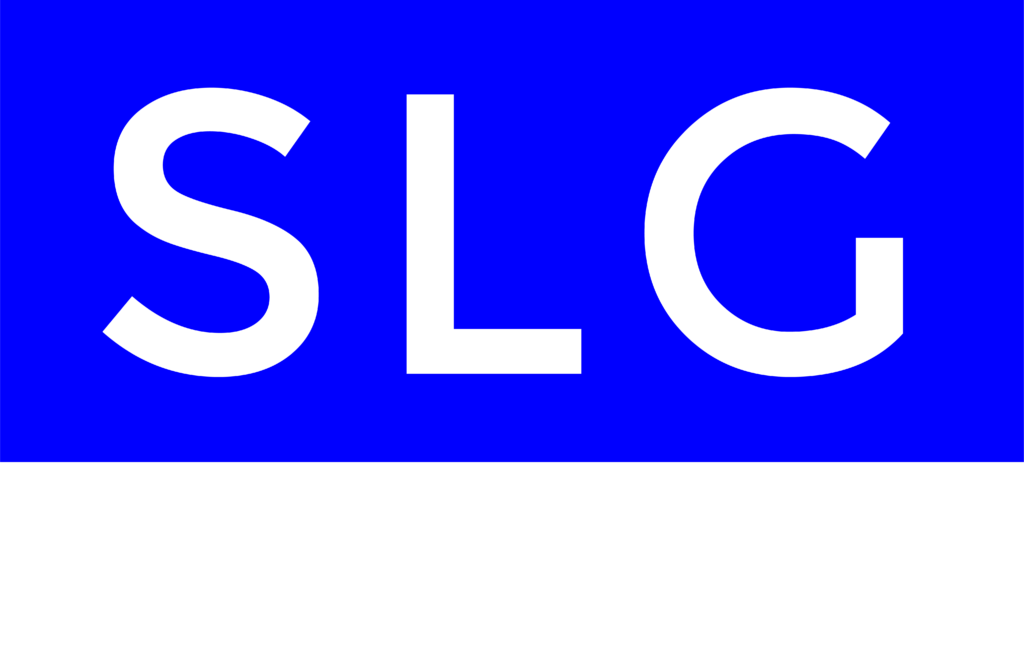“The best time to plant a tree was 20 years ago; the second best time is today.”
I love sharing that quote with our clients because it really speaks to one of the most common concerns we hear: “Is it too late for me to plan?”
When Should Planning Start?
To understand whether it’s too late to plan, it’s important to understand what the ideal time is to start planning. The most common motivator for planning is, not surprisingly, the birth, or quickly approaching birth, of a child. If I’m being honest, we get a lot of calls from fathers-to-be shortly after the positive pregnancy test. So what’s going on in our clients’ minds at that time?
They’re probably experiencing some combination of nervousness, fear, and an overall desire to have things buttoned up. We’ve noticed similar emotions around the birth of additional children, and also surrounding big purchases. The idea is, something big has happened, or is about to happen, in my life, and I need to make that my family is taken care of in the most responsible way possible.
When is the Right Time?
While we know that there is no one right time to plan, there is a sweet spot. If we have the opportunity, we’ve found that planning during a time when the family unit is settled leads to solid outcomes. That’s not to say we shouldn’t have a plan when a family is just forming, but we especially want to plan when we have a good sense of our family, our assets and property, etc.
That said, even though there’s a sweet spot for planning, it’s important that our clients understand that planning can, and often does, evolve throughout life, as it should. If we think of your plan as an organism, it’s important that that organism is built to adapt to and survive changes in your life.
When is it Too Late?
As an estate planning firm, it is tempting to say “It’s never too late! Come on in for a consultation!” But the truth is, there are circumstances where it’s better to leave things as they are instead of attempting to plan and opening the door to bigger issues down the road:
Incapacity/Incompetence. If a potential client is unable to make decisions, or to communicate those decisions, then they are likely not going to be able to participate meaningfully in the collaborative process we employ to achieve an intentional, thoughtful plan. There still may be ways to achieve their goals and make sure the client is taken care of in a prudent, responsible manner (e.g. conservatorship), but we don’t recommend the traditional estate planning approach here.
Lawsuit or Other Legal Claim. Depending on the planning objectives, a lawsuit or other legal claim may prevent a client from engaging in meaningful estate planning and/or asset protection planning. So if a client owns a business, or is in a litigious profession, like medicine, then the timing of the planning is critical. And of course, sooner is better than later in most cases. Once a claim, lawsuit, or in the event of a divorce, an automatic temporary restraining order, is in place, then we may still have some limited estate planning options available, but asset protection planning is likely off the table.
Family Conflict. In a climate of family conflict, we can and should anticipate that any change to the status quo will result in a lawsuit or other contest. We’ve seen this particular situation arise when one spouse has passed away and there are adult children who each have their own ideas of how things should go. Inevitably, one child will take the reins, sometimes scheduling the appointment for their parent in our office and attending that consultation. At that point, we generally do not take on a case unless it’s clear that the potential client, not one of their children, is driving the process. Now, some attorneys may say: “Bring it on.” More specifically, those attorneys are saying: “Bring on the hours of fees I’ll earn handling the litigation.” Our firm takes a more conservative approach: if the current plan accomplishes 80% of a client’s goals, but getting to that additional 20% would risk the estate losing thousands (maybe tens or even hundreds of thousands) to attorneys’ fees and other costs, then in the interest of conserving the estate, and perhaps our client’s well-being in the process, it’s probably best to leave it alone.
So while the best time to have a planning discussion is now, it’s important to work with a team of professionals who treats the timing of the planning as a critical factor in the process. Our firm takes a holistic, integrated, and intentional approach to planning, and that’s allowed us to attract clients who share the same values, which, in turn, has led to solid outcomes. Contact us today if you think we may be a good fit for your needs.




